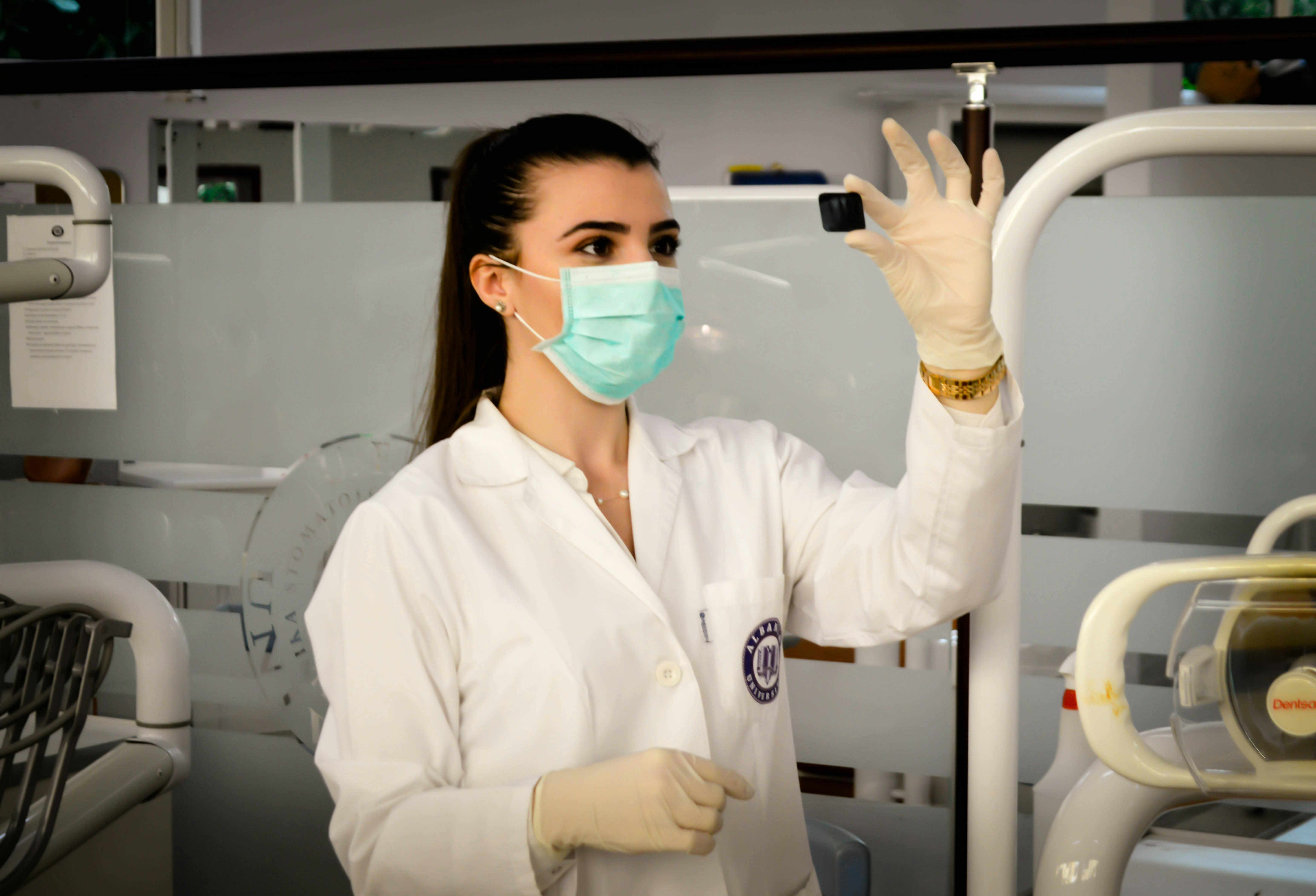Online Medical Assistant Programs in 2025: Training Paths and Career Preparation
In 2025, online medical assistant programs continue to provide flexible learning opportunities for individuals interested in healthcare administration and clinical support. These programs blend virtual coursework with in-person practical experience, helping students build skills in patient interaction, record management, and basic clinical procedures. Many institutions emphasize accreditation and competency-based progress to ensure readiness for entry-level healthcare roles in clinics, hospitals, and outpatient facilities.

Medical assisting represents one of the fastest-growing occupations in healthcare, offering diverse career opportunities in clinics, hospitals, and specialized medical practices. As healthcare delivery evolves, the demand for qualified medical assistants continues to increase, making this an attractive career choice for many individuals.
Understanding the Role of a Medical Assistant
Medical assistants serve as vital links between patients and healthcare providers, performing both administrative and clinical duties. Their responsibilities typically include scheduling appointments, maintaining patient records, taking vital signs, preparing patients for examinations, and assisting physicians during procedures. The role requires strong communication skills, attention to detail, and the ability to work efficiently in fast-paced environments.
Clinical duties may involve drawing blood, administering injections, performing basic laboratory tests, and conducting electrocardiograms. Administrative tasks encompass managing patient information systems, processing insurance claims, handling billing procedures, and coordinating referrals to specialists. This dual focus makes medical assistants versatile healthcare team members.
Benefits of Online Medical Assistant Programs
Online medical assistant programs offer significant advantages for working adults and students with scheduling constraints. These programs provide flexibility to study at your own pace while maintaining current employment or family responsibilities. Many programs feature asynchronous learning, allowing students to access course materials and complete assignments when convenient.
Cost-effectiveness represents another major benefit, as online programs often have lower tuition fees compared to traditional campus-based options. Students save on commuting costs, parking fees, and campus facility charges. Additionally, many online programs offer accelerated tracks, enabling faster completion and earlier entry into the workforce.
Technology integration in online programs mirrors the digital tools used in modern healthcare settings, providing relevant experience with electronic health records and medical software systems. This technological familiarity gives graduates a competitive advantage when seeking employment.
Criteria for Selecting a Medical Assistant Program
Choosing the right medical assistant program requires careful evaluation of several key factors. Accreditation stands as the most critical consideration, as employers and certification bodies recognize graduates only from accredited programs. Look for programs accredited by the Commission on Accreditation of Allied Health Education Programs (CAAHEP) or the Accrediting Bureau of Health Education Schools (ABHES).
Curriculum comprehensiveness should cover both administrative and clinical competencies required for certification. Quality programs include courses in medical terminology, anatomy and physiology, pharmacology, medical law and ethics, and hands-on clinical skills training. Externship or practicum requirements provide essential real-world experience.
Faculty qualifications and student support services significantly impact learning outcomes. Experienced instructors with current healthcare backgrounds provide valuable insights and mentorship. Comprehensive student services, including academic advising, technical support, and career placement assistance, enhance the educational experience.
| Program Provider | Program Duration | Cost Estimation | Key Features |
|---|---|---|---|
| Penn Foster Career School | 7-9 months | $3,000-$4,500 | Self-paced, externship included |
| Purdue University Global | 18 months | $15,000-$20,000 | Regionally accredited, comprehensive support |
| Southern Careers Institute | 10 months | $12,000-$16,000 | Hybrid format, job placement assistance |
| Charter College | 9 months | $14,000-$18,000 | ABHES accredited, clinical externship |
| Herzing University | 12 months | $16,000-$22,000 | Small class sizes, career services |
Prices, rates, or cost estimates mentioned in this article are based on the latest available information but may change over time. Independent research is advised before making financial decisions.
Preparing for Certification and Employment
Successful completion of an accredited medical assistant program prepares students for national certification examinations. The two primary certifying organizations are the American Association of Medical Assistants (AAMA), which offers the Certified Medical Assistant (CMA) credential, and the American Medical Technologists (AMT), which provides the Registered Medical Assistant (RMA) certification.
Certification requirements include graduation from an accredited program and passing the respective examination. The CMA exam covers general medical knowledge, administrative procedures, and clinical procedures. The RMA exam focuses similar content areas with slight variations in emphasis and format.
Employment preparation extends beyond certification to include resume development, interview skills, and professional networking. Many programs offer career services to help graduates identify job opportunities and connect with potential employers. Building relationships with externship sites often leads to employment opportunities, as many healthcare facilities prefer hiring familiar candidates.
Professional development continues after employment through continuing education requirements for certification maintenance. Staying current with healthcare trends, technology updates, and regulatory changes ensures long-term career success and advancement opportunities.
Online medical assistant programs provide accessible pathways to rewarding healthcare careers, combining flexibility with comprehensive training. Success depends on selecting accredited programs, dedicating time to studies, and actively preparing for certification and employment. With proper preparation and commitment, graduates can enter a growing field with diverse opportunities for professional growth and meaningful contribution to patient care.




